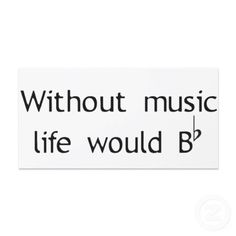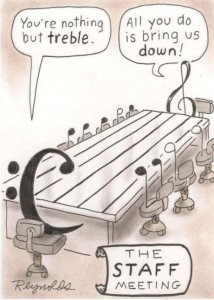Thought Music Therapy Was A Joke?
How to use music as a viable learning tool
It has been said that music is the language of the soul.
Isn’t it interesting how most of us could probably flawlessly recite the ABC song, even when we are woken up with a frying pan to the face at 3:27 AM?
Music creates a bond that is not easily broken. It sinks in deeper to the part of the brain in charge of long-term memory. It works better than simple recitation of listening, since it activates different parts of the brain simultaneously: the language, hearing, and rhythmic centers are all activated and stimulated when engaging in music.

A Flat education means a flat life.
However, music does not only affect memory. Its roots go deeper than that. We may experience a range of genuine emotional reactions to music, including stress relief, even when we have never heard the music in question. Music has the power to reach into places much deeper than memory, and it can have a profound effect on the ones listening to in. Music leaps over the boundaries of age, race, sex, and anything else really. It is the language of the soul.
The importance of music education should be emphasized more often when teaching social and emotional development, as well as social skills. There are companies out there devoted to creating educational music CDs, incorporating melodies and lyrics that can be used across the board of mainstream curriculum, at least for the lower grades.
Teachers are able use these CDs at their pleasure, and play them at the beginning or end of the day, between classes, or in after-school programs.

Meetings like this could increase productivity and memory.
Children can learn very quickly, when information is introduced through a song. I not only mean the melody and lyrics, but also the actual meaning and purpose of the song. Songs of the educational music genre are guaranteed to change the pace of the classroom, and hopefully also let the children learn something new in a happy, fun environment.
No comments yet.